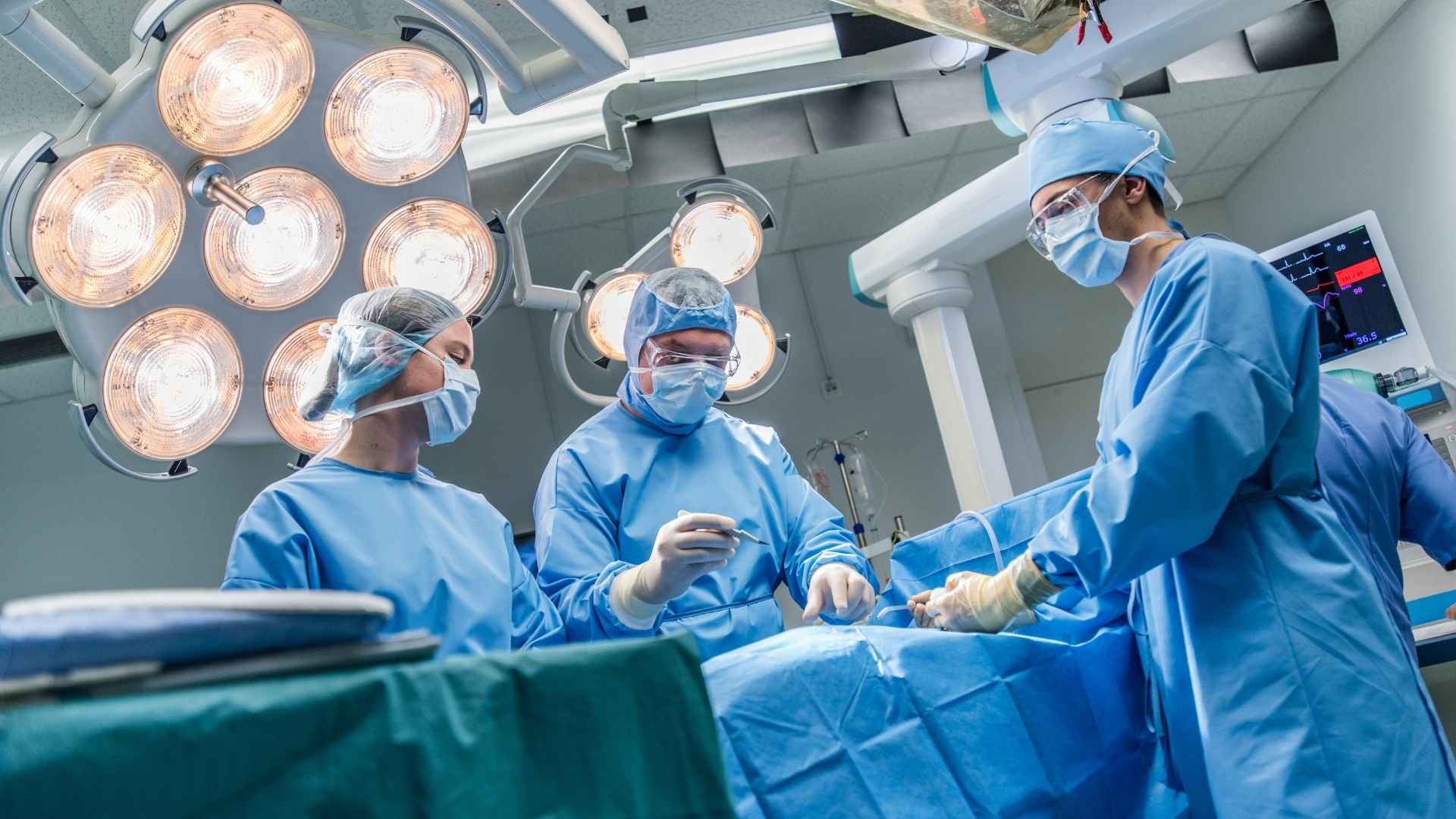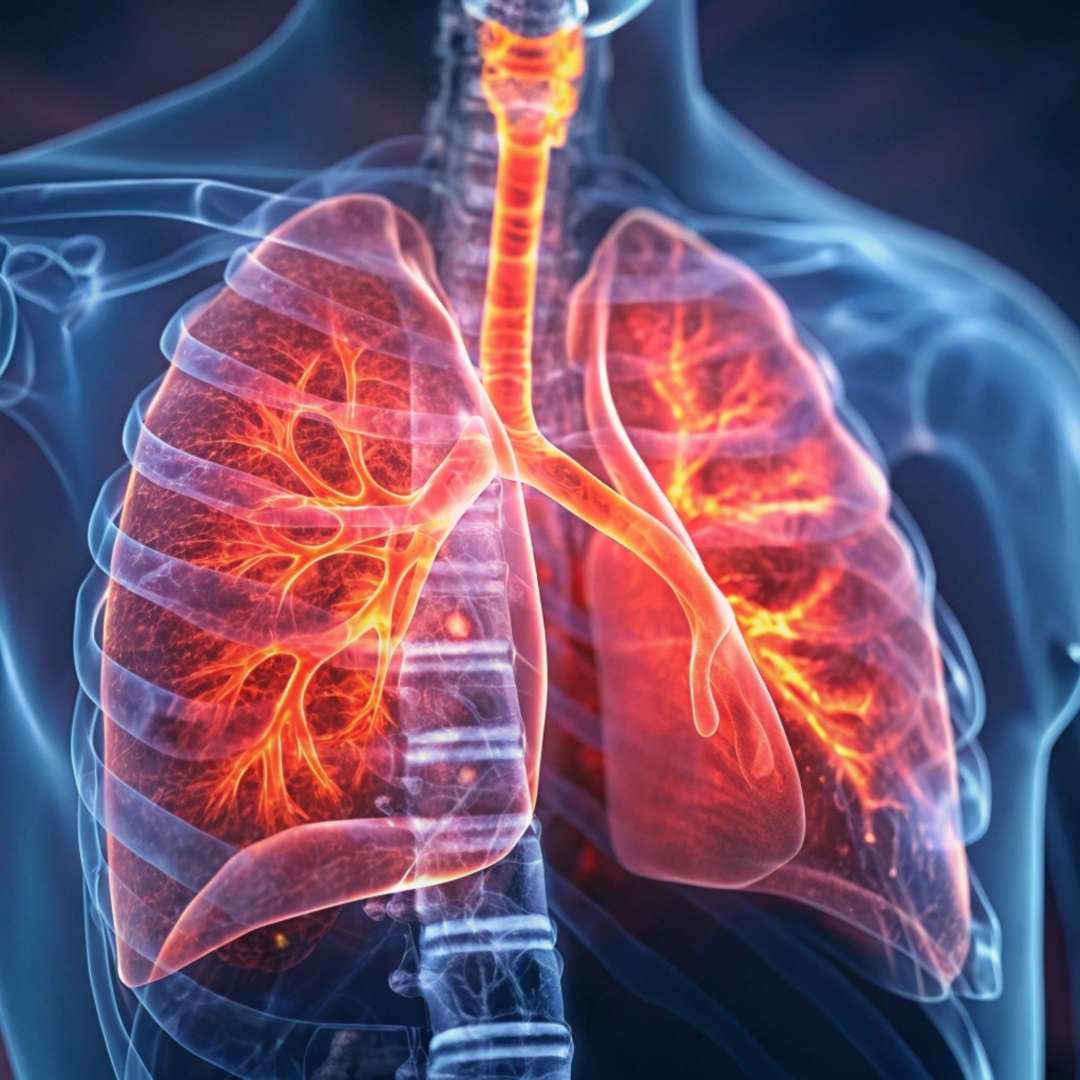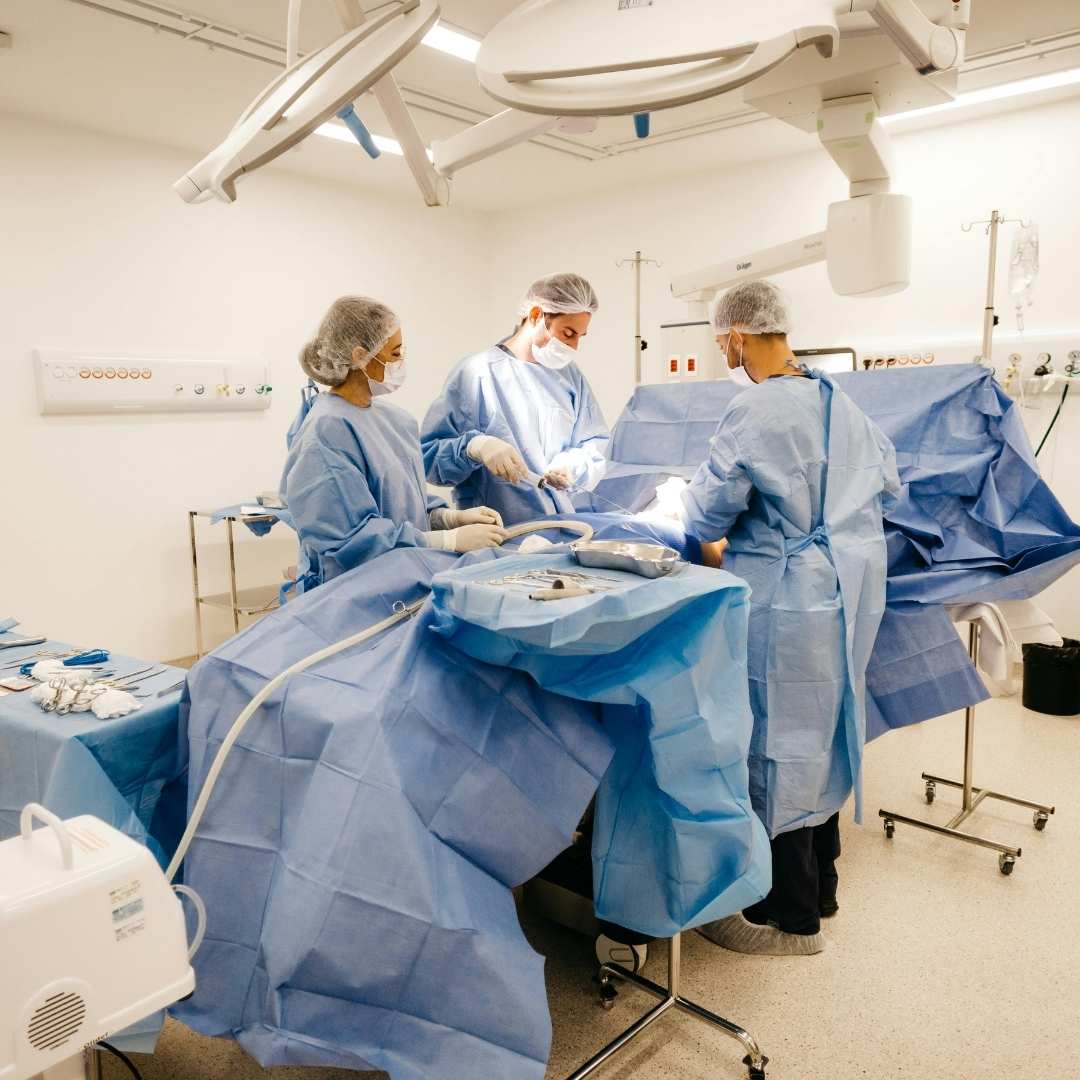Heart & Lung Transplants
Introduction
Dr. Asher George Joseph specializes in advanced cardiac surgery with a dedicated focus on heart and lung transplants. His expertise combines cutting-edge surgical innovations with unwavering commitment to patient safety and recovery. By minimizing surgical trauma and improving precision, he ensures patients achieve quicker healing, shorter hospital stays, and enhanced clinical outcomes. With decades of excellence, Dr. Asher George Joseph provides world-class transplant care that restores critical organ function, improves long-term survival, and delivers life-changing results for patients facing severe end-stage cardiac and pulmonary conditions.
Every patient benefits from a highly individualized treatment pathway developed through detailed evaluation, advanced diagnostic imaging, and multidisciplinary collaboration with a specialized transplant team. Dr. Asher George Joseph ensures that even the most complex transplant cases, including advanced heart failure and end-stage lung disease, are managed with unmatched expertise and accuracy. His patient-centered approach prioritizes honest communication, compassionate counseling, and continuous guidance throughout the transplant process. By uniting global transplant standards with local medical excellence, he delivers reliable solutions that inspire trust, build confidence, and provide sustainable long-term outcomes for patients and families.
When Is It Needed?
End Stage Heart Failure
Severe heart failure unresponsive to treatment requires transplantation. Surgery restores circulation, prolongs survival, and improves life quality when other medical or device-based therapies are no longer effective.
End Stage Lung Disease
Advanced lung disease from COPD, fibrosis, or cystic fibrosis may require transplantation. Surgery restores breathing capacity, enhances activity tolerance, and offers long-term survival with improved overall daily living.
Congenital Heart Disease
Complex congenital conditions uncorrectable with previous surgeries may demand transplantation. Surgery restores normal cardiac function, improves circulation, and ensures longer, healthier lives for patients with severe congenital abnormalities.
Severe Cardiomyopathy
When the heart muscle becomes irreversibly weak or stiff, transplantation may be required. Surgery restores heart function, prevents life-threatening complications, and improves long-term health and survival outcomes.
Pulmonary Hypertension
Severe pulmonary hypertension unresponsive to medical therapy damages heart and lung function. Transplantation restores oxygen balance, reduces circulatory strain, and improves breathing, endurance, and long-term daily activity levels.
Repeated Organ Failure
Patients with frequent hospitalizations from advanced organ failure may need transplantation. Surgery provides lasting recovery, restores function, and significantly improves quality of life and long-term survival outcomes.
Advanced Heart Treatments
Procedure and Process Treatment

Heart Transplant
Donor hearts replace failing hearts, restoring circulation, improving pumping function, preventing complications, supporting long-term survival for patients with improved recovery.

Lung Transplant
Donor lungs replace diseased lungs, restoring oxygen flow, improving breathing capacity, preventing respiratory failure, supporting long-term survival and daily function.

Combined Transplant
Combined heart and lung transplants restore circulation and breathing, improve activity, prevent complications, and support long-term survival in complex cases.
Why Choose?
Dr. Asher George Joseph in Bangalore?
Dr. Asher George Joseph is a highly experienced cardiothoracic and transplant surgeon specializing in advanced procedures for heart and lung transplants. He began his medical career in 2007 and has been performing cardiothoracic surgery since 2013. His qualifications include:
- MBBS, MS, M.Ch in Cardiothoracic and Vascular Surgery
- MRCS from Edinburgh, United Kingdom
- FACS from the United States of America
- Fellowship in Cardiothoracic Transplant and Mechanical Circulatory Support from Manchester, United Kingdom
Testimonials
Our Happy Patients
Dr. Asher George Joseph performed my heart transplant with exceptional skill and compassion. His expertise and guidance throughout recovery were remarkable. I now live confidently, enjoying renewed strength and good health.
Frequently Asked Questions
A heart and lung transplant is a surgical procedure where both organs are replaced with donor organs, restoring circulation, breathing, and overall function for patients with severe cardiopulmonary disease.
Recovery after transplant surgery varies but often requires several months. Intensive follow-up care, rehabilitation, and lifestyle modifications ensure healing, reduce complications, and support long-term survival after heart and lung transplantation.
Transplantation is necessary for patients with advanced heart failure, end-stage lung disease, or combined cardiopulmonary failure, when medical therapy no longer works and surgical replacement becomes the only viable solution.
Yes, transplantation carries risks including infection, rejection, and complications. However, with advanced surgical care, careful monitoring, and lifelong medications, patients achieve improved quality of life and long-term survival benefits.
Transplant surgery in elderly patients depends on overall health and organ condition. Careful evaluation, medical screening, and multidisciplinary decision-making determine eligibility and ensure maximum safety with excellent recovery outcomes.
After transplant surgery, maintaining health requires lifelong medications, regular check-ups, healthy diet, exercise, and strict medical follow-up. Compliance with doctor’s advice ensures sustained transplant success and excellent long-term results.
Success rates for heart and lung transplants are high with modern techniques. Most patients experience improved function, longer survival, and better daily life quality following successful transplant surgery and proper medical care.
Regular follow-ups, medication adherence, healthy diet, exercise, and monitoring heart function are essential for long-term recovery and maintaining the benefits of valve repair or replacement.